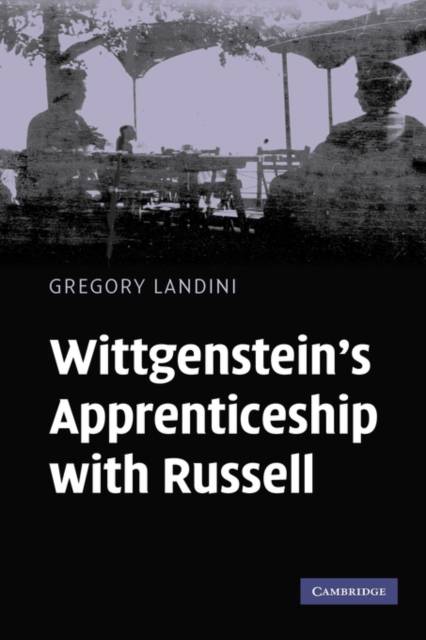
- Afhalen na 1 uur in een winkel met voorraad
- Gratis thuislevering in België vanaf € 30
- Ruim aanbod met 7 miljoen producten
- Afhalen na 1 uur in een winkel met voorraad
- Gratis thuislevering in België vanaf € 30
- Ruim aanbod met 7 miljoen producten
Zoeken
€ 106,95
+ 213 punten
Uitvoering
Omschrijving
Wittgenstein's Tractatus has generated many interpretations since its publication in 1921, but over the years a consensus has developed concerning its criticisms of Russell's philosophy. In Wittgenstein's Apprenticeship with Russell, Gregory Landini draws extensively from his work on Russell's unpublished manuscripts to show that the consensus characterises Russell with positions he did not hold. Using a careful analysis of Wittgenstein's writings he traces the 'Doctrine of Showing' and the 'fundamental idea' of the Tractatus to Russell's logical atomist research program, which dissolves philosophical problems by employing variables with structure. He argues that Russell and his apprentice Wittgenstein were allies in a research program that makes logical analysis and reconstruction the essence of philosophy. His sharp and controversial study will be essential reading for all who are interested in this rich period in the history of analytic philosophy.
Specificaties
Betrokkenen
- Auteur(s):
- Uitgeverij:
Inhoud
- Aantal bladzijden:
- 316
- Taal:
- Engels
Eigenschappen
- Productcode (EAN):
- 9780521870238
- Verschijningsdatum:
- 13/08/2007
- Uitvoering:
- Hardcover
- Formaat:
- Genaaid
- Afmetingen:
- 164 mm x 232 mm
- Gewicht:
- 630 g

Alleen bij Standaard Boekhandel
+ 213 punten op je klantenkaart van Standaard Boekhandel
Beoordelingen
We publiceren alleen reviews die voldoen aan de voorwaarden voor reviews. Bekijk onze voorwaarden voor reviews.











